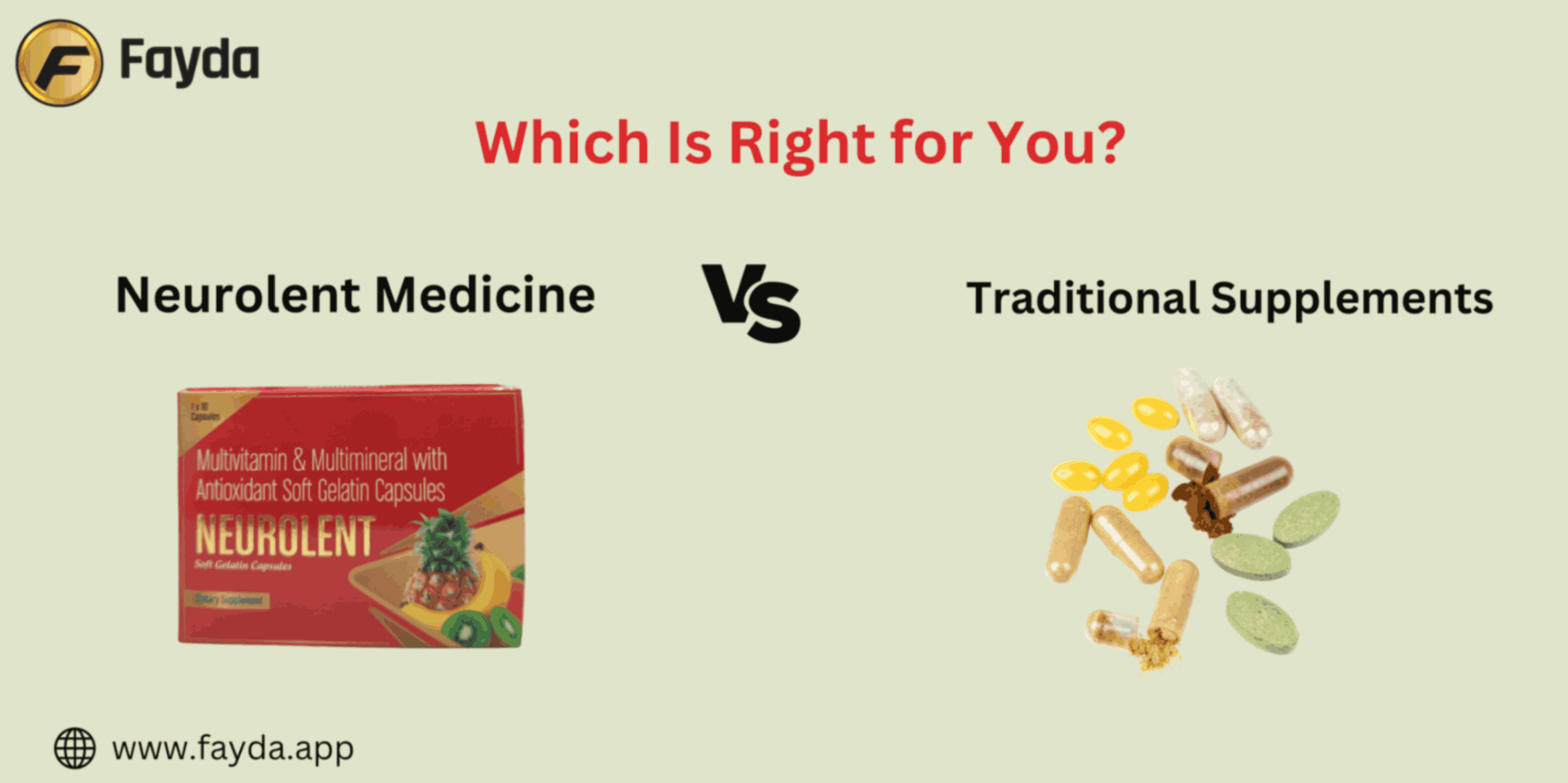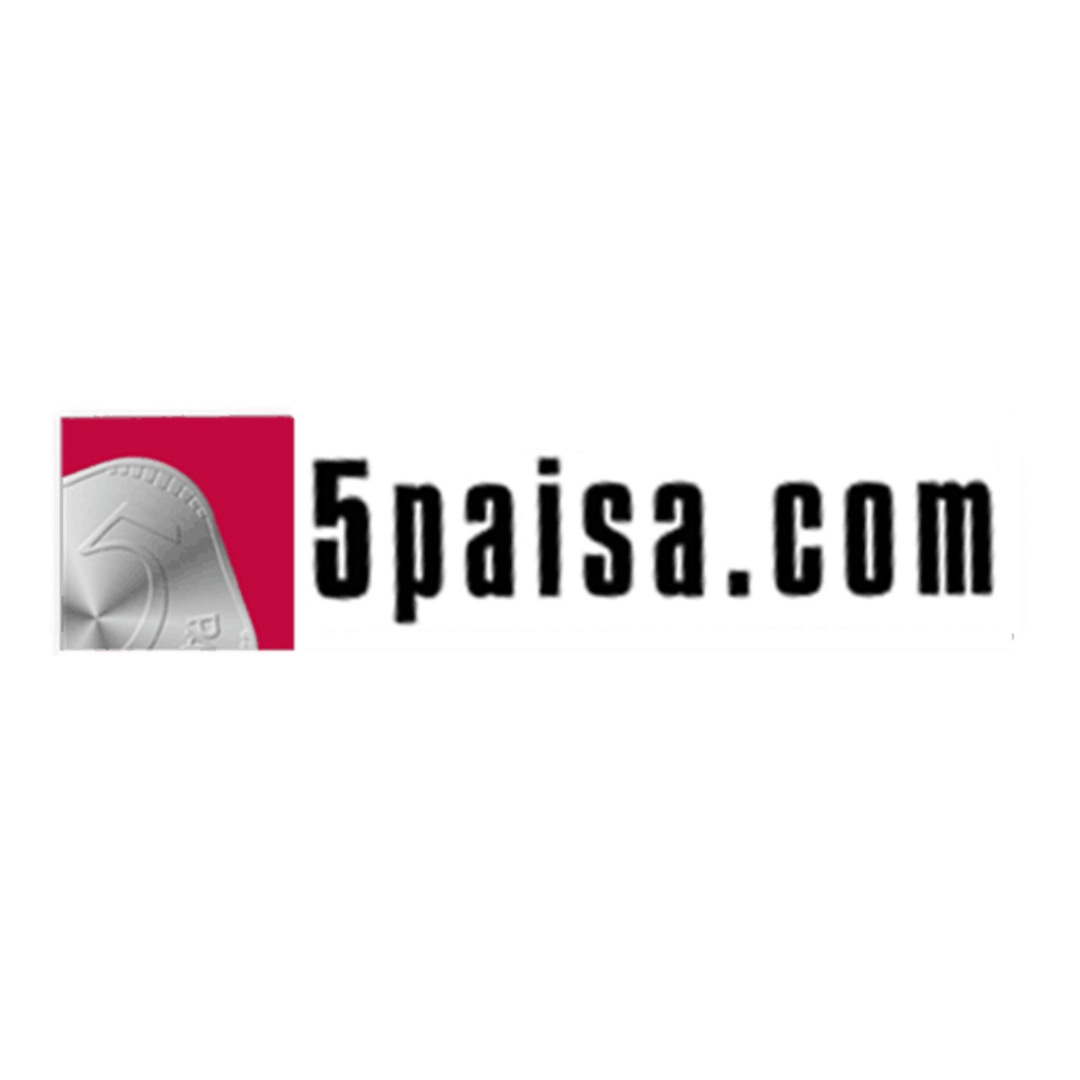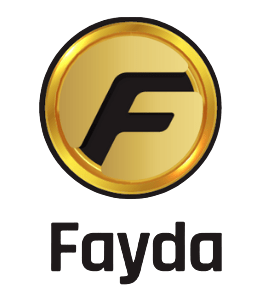Sep

Neurolent Medicine vs. Traditional Supplements: Which Is Right for You?
In our quest for optimal health, we often turn to supplements to bridge nutritional gaps and support various bodily functions. When it comes to brain health, the choices can be overwhelming, with traditional supplements and Neurolent Medicine standing as two prominent options. But which path should you choose? In this comprehensive guide, we'll explore the world of Neurolent Medicine and traditional supplements, comparing their benefits, mechanisms, and suitability for different needs. By the end, you'll have a clearer understanding of which approach aligns best with your health goals.
The Basics of Brain Health
Before we delve into the world of Neurolent Medicine and traditional supplements, let's establish a solid foundation by understanding the fundamentals of brain health.
The Importance of Brain Health
Our brain is the epicenter of our existence. It governs our thoughts, emotions, memories, and bodily functions. Maintaining optimal brain health is essential for a high-quality life, as cognitive decline and neurological disorders can significantly impact our well-being.
Nutritional Support for the Brain
Nutrition plays a vital role in brain health. Proper intake of essential nutrients, vitamins, and minerals is necessary to support brain function, maintain cognitive sharpness, and reduce the risk of neurological diseases.
Traditional Supplements for Brain Health
Traditional supplements have long been a popular choice for supporting brain health. Let's explore some of the most common supplements and their potential benefits.
Omega-3 Fatty Acids: Brain's Best Friend
Omega-3 fatty acids, primarily found in fish oil supplements, are renowned for their brain-boosting properties. They support healthy brain cell membranes, reduce inflammation, and may improve cognitive function.
B Vitamins: Energizing the Mind
B vitamins, including B6, B9 (folic acid), and B12, play a crucial role in brain health. They are involved in neurotransmitter synthesis and can help reduce the risk of age-related cognitive decline.
Antioxidants: Guarding Against Oxidative Stress
Antioxidants like vitamin C and vitamin E help protect the brain from oxidative stress, which is linked to cognitive decline and neurodegenerative diseases.
Ginkgo Biloba: Enhancing Memory
Ginkgo biloba is an herbal supplement known for its potential to improve memory and cognitive function, making it a popular choice for those seeking mental clarity.
Herbal Supplements: A Natural Approach
Herbal supplements such as Bacopa monnieri and Rhodiola rosea are believed to enhance cognitive function, reduce stress, and improve mood.
Neurolent Medicine: A New Frontier in Brain Health
Neurolent Medicine represents a cutting-edge approach to brain health. Let's delve into its definition, mechanisms, and potential advantages.
What Is Neurolent Medicine?
Neurolent Medicine is a relatively new field of medical science that focuses on the development of treatments specifically designed for brain-related conditions. These treatments often go beyond traditional supplements by incorporating advanced technologies and targeted interventions.
Targeted Interventions: Precision for the Brain
Neurolent Medicine interventions are tailored to address specific aspects of brain health, such as neuroprotection, neuroregeneration, neuromodulation, and neuropharmacology. This precision ensures that the treatment directly targets the underlying issue.
Advances in Neuroimaging and Diagnostics
Neurolent Medicine benefits from advanced neuroimaging techniques like MRI and PET scans, enabling precise diagnosis and monitoring of treatment progress.
Comparing Neurolent Medicine and Traditional Supplements
Now that we have a foundation in both Neurolent Medicine and traditional supplements, let's compare these approaches across various dimensions to help you make an informed choice.
Efficacy: Precision vs. General Support
Traditional supplements offer general support for brain health and may be effective in preventing deficiencies. In contrast, Neurolent Medicine offers targeted interventions that address specific neurological issues, potentially providing more effective results for diagnosed conditions.
Personalization: Customized vs. One-Size-Fits-All
Neurolent Medicine takes a personalized approach, considering individual factors like genetics and lifestyle to tailor treatments. Traditional supplements are generally one-size-fits-all and may not address an individual's unique needs.
Safety: Regulation and Oversight
Traditional supplements are subject to varying degrees of regulation depending on the country, and quality can vary. Neurolent Medicine treatments typically undergo rigorous clinical trials and are closely monitored for safety and efficacy.
Accessibility: Availability and Cost
Traditional supplements are widely available over-the-counter and are generally more affordable. Neurolent Medicine treatments may be limited in availability and couldConclusion be cost-prohibitive for some individuals.
Treatment Focus: Prevention vs. Targeted Therapy
Traditional supplements are often used for preventive measures and general well-being. Neurolent Medicine is primarily focused on diagnosing and treating neurological conditions.
Neurolent Medicine vs. Traditional Supplements: A Personal Decision
Your choice between Neurolent Medicine and traditional supplements should align with your specific health goals, preferences, and needs.
When to Consider Neurolent Medicine
- If you have a diagnosed neurological condition, Neurolent Medicine may offer targeted therapies that can provide significant benefits.
- If you seek a personalized approach that takes into account your genetic makeup, lifestyle, and specific health concerns.
- If you are looking for the latest advancements in brain health and are willing to explore innovative treatments.
When to Consider Traditional Supplements
- If you are focused on general brain health and want to prevent nutrient deficiencies.
- If you prefer a more accessible and affordable approach to support cognitive function and overall well-being.
- If you are not currently dealing with a diagnosed neurological condition and are primarily interested in preventive measures.
The Future of Brain Health
As we conclude our exploration, let's consider the future of brain health and how both Neurolent Medicine and traditional supplements may play a role.
Integration and Collaboration
The future of brain health may involve a synergistic approach, where Neurolent Medicine and traditional supplements complement each other. Healthcare providers may recommend a combination of targeted therapies and supplements to address specific needs.
Advances in Personalized Medicine
Advancements in genetics and technology will likely lead to more personalized approaches in both Neurolent Medicine and traditional supplement recommendations, ensuring that individuals receive tailored solutions.
Ethical Considerations and Accessibility
As these fields evolve, it will be essential to address ethical considerations, ensuring equitable access to both Neurolent Medicine treatments and affordable traditional supplements.
Conclusion
In the pursuit of optimal brain health, the choice between Neurolent Medicine and traditional supplements is a personal decision that should align with your health goals and needs. Traditional supplements offer general support and preventive measures, while Neurolent Medicine provides targeted interventions for diagnosed neurological conditions. As both fields continue to advance, the future of brain health holds promise, with personalized approaches and a focus on accessibility and ethics. Ultimately, your path to a healthier brain will depend on your unique circumstances and the guidance of healthcare professionals who can help you make informed choices.


